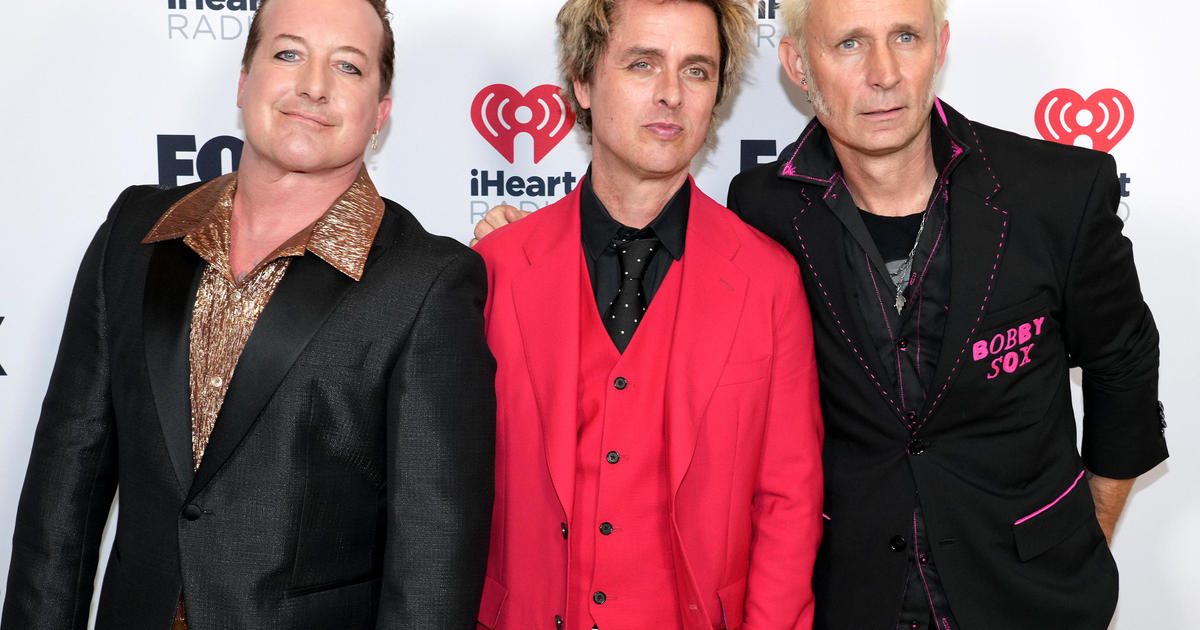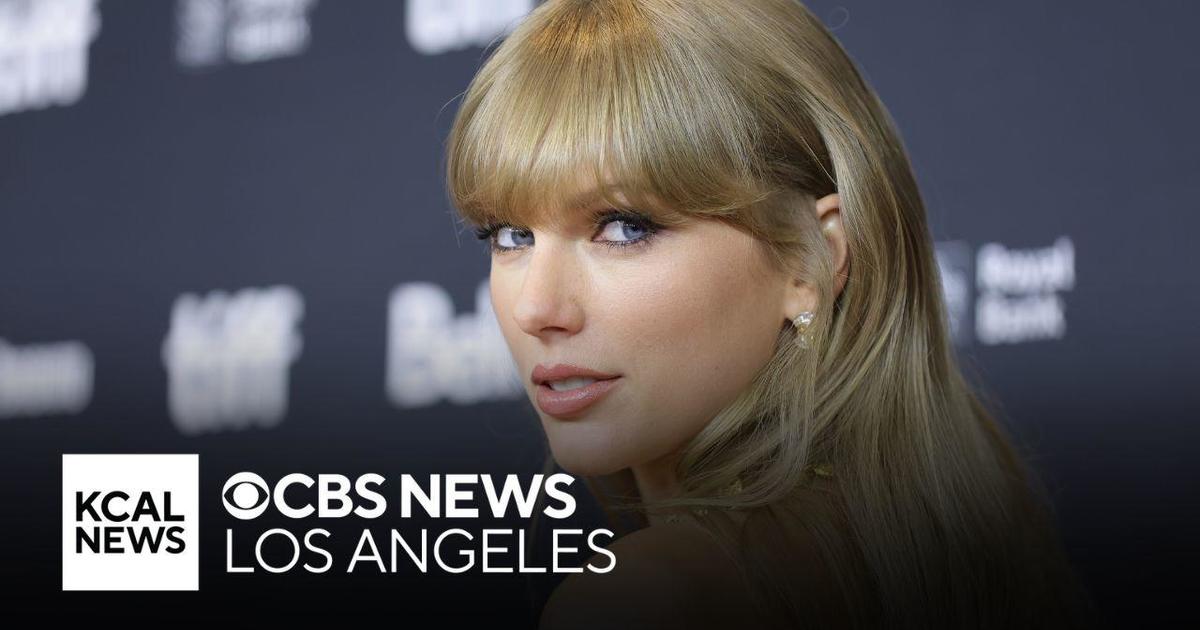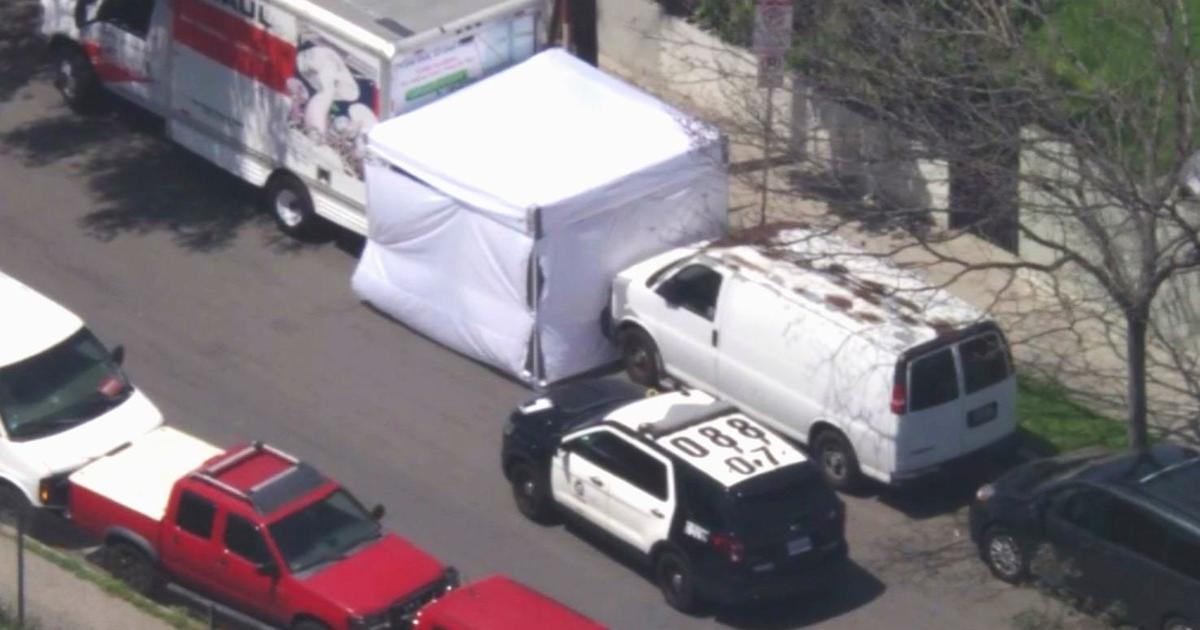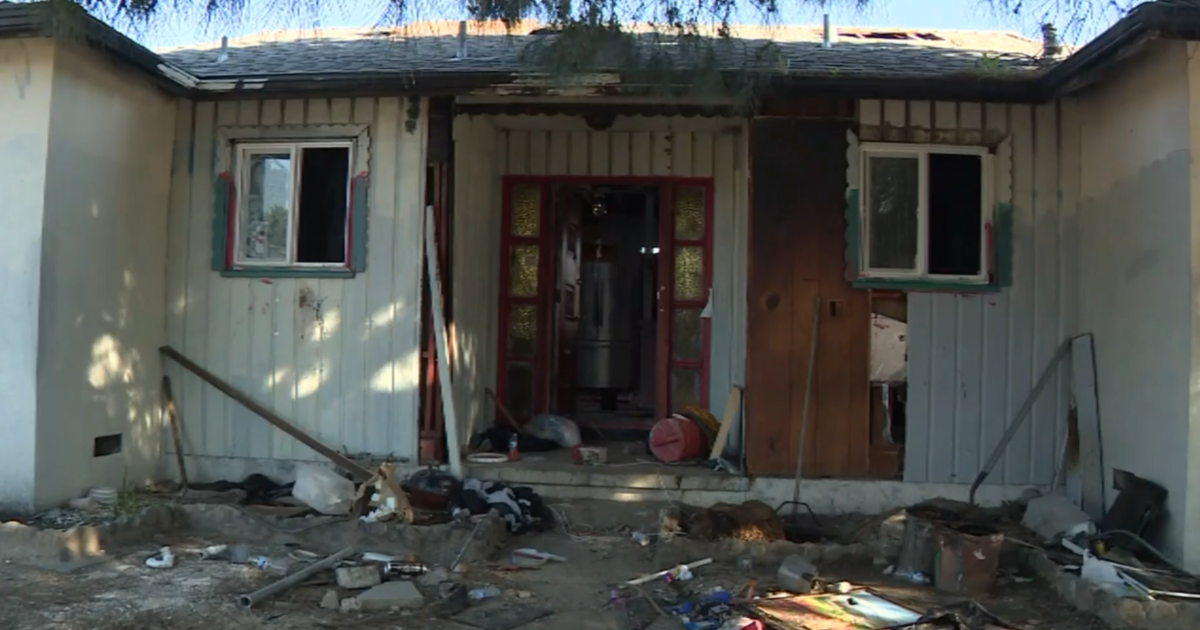Owners' Revised Proposal Means There's Hope For Full Season
CBS Sports
Ken Berger
 NEW YORK -- Last we left our negotiating heroes, Billy Hunter had drawn a line in the sand: The players were prepared to make a significant economic move, but only if the owners dropped their insistence on a hard cap.
NEW YORK -- Last we left our negotiating heroes, Billy Hunter had drawn a line in the sand: The players were prepared to make a significant economic move, but only if the owners dropped their insistence on a hard cap.
The NBA said, "Nope." Each side retreated to a neutral corner. The brains of both operations got together Wednesday, followed by the heavy hitters on Thursday at a snobby boutique hotel on Manhattan's Upper East Side. And guess what?
After more than two years of negotiations, it's finally time to negotiate.
Following a series of small compromises by both sides, it was the owners' turn to move the needle in a significant way. And they did: According to a person briefed on the negotiations, the league put forth a new number on the split of revenues, or basketball-related income, on Thursday, a step that could help propel the talks forward even as the start of training camps were set to be delayed and preseason games canceled -- with such gloomy but fully expected and insignificant announcements expected Friday.
"It's moving," said another person with knowledge of the talks. "Not as fast as some people would want, but it's moving."
According to one of the people familiar with the bargaining, here is some of what transpired Thursday: After signaling last week that the players' offer to move lower than the 54.3 percent share of BRI was a starting point that could lead to a deal on economics, league negotiators came back with their own number. Unsurprisingly, the number was lower than what the players had last proposed, though multiple people involved in the talks refused to specify by how much.
The owners' proposed BRI split was made without specific system details tied to it, and the number itself was "unacceptable" to the union leadership, one of the sources said. Thus, the faces of both sides emerged from the Manhattan hotel after five hours of bargaining and delivered the same vague non-answers with strikingly similar flatlined demeanors and monotone voices.
"I'm sorry, but the most important thing is to see whether we can't have negotiations conducive to ultimately getting a deal, which is what our committee and our board will like," commissioner David Stern said on his 69th birthday. "And having these conversations with you doesn't add anything to that. And that's the dilemma."
But despite hand wringing over the imminent delay of training camps and the cancellation of preseason games -- the announcement came Friday -- what happened here actually had the potential to be productive. For the first time since their initial proposal in January 2010 -- when they offered a $45 million hard cap that would deliver the players well below 50 percent of BRI -- the owners proposed a revised BRI split that was closer to, but still below what the players have indicated they would be willing to accept. In this impossibly slow negotiating dance, that qualifies as progress.
The owners' number, one of the people familiar with the details said, represented a willingness to move off their most recent formal proposal to cap player salaries at $2 billion a year for the bulk of a 10-year proposal. So, do the math: Assuming 4 percent revenue growth next season to $3.95 billion, the owners' $2 billion proposal represented roughly 50.5 percent of BRI for the players. If the players were willing to go down to, say, 53 percent with assurances that a soft cap would remain in place, that would be $2.094 billion -- leaving the two sides only $94 million apart in the first year of the deal.
But with revenues rising about 4 percent a year and salaries flat for the first eight years of the owners' June proposal, the disparity grows -- and the players' share shrinks -- over time. That is what the owners tried to address Thursday, but not to the players' satisfaction since they'd still be getting an average of less than 49 percent of revenues over the life of a new CBA, two people familiar with the negotiations said.
Still, the fact that the league offered a number and formal movement on the BRI split Thursday for the first time since June is expected to accelerate the economic negotiations and lead to a place where the two sides can actually begin hammering out a system that will deliver the agreed upon percentage to the players when they reconvene next week. That's why, as one person familiar with the talks said Thursday, a deal is "there for the taking."
Given that the owners moved off their $2 billion to somewhere between that and the players' number, we're talking about perhaps as little as $75 million per year holding up the future of the NBA. That's why, as one person familiar with the talks said Thursday, a deal is "there for the taking."
When will each side be ready to take it? Not yet. Not Thursday, and maybe not next week, either. The drop-dead date to preserve the season intact -- Oct. 13 or 14 -- is still three weeks away.
So what happens next? Stern reports by phone to the labor relations committee Friday, cancels preseason games and postpones the start of camps -- as we knew back on July 1 would happen -- and the two sides get back together early next week and negotiate the split further.
Now that each side is on record with a number that isn't wildly out of line with the other, that shouldn't take long. That's why both sides left Thursday's bargaining session expecting next week's meeting to mark the beginning of the real dirty work -- negotiating the system that will deliver the money to the players.
The BRI split is tied to the cap; the harder the cap, the higher the players believe their share needs to be. But as one of the people familiar with the talks said, once a compromise is reached on the split, figuring out a system to go with it shouldn't be a deal-killer.
"There's willingness to deal on both points," said the person, referring to the split and the system. "It's been said from the beginning: If there's agreement on the money, the system should not cause us to lose games."
From now until Oct. 14 -- the date I've marked on my calendar when regular-season games will be canceled without a deal -- the most dangerous days of these negotiations are not when the two sides are speaking with each other. It's the days in between, when they talk internally to their constituents.
After the two sides felt they were on the verge of agreeing on the economics last Tuesday, they went to their neutral corners and things changed. Agents mobilized players and got them in revolt mode, and owners who aren't on the negotiating committee evidently weren't as prepared to move forward with the economic model that the small groups of negotiators were growing comfortable discussing.
A lot can go wrong, and probably will, between now and Oct. 14. But that still leaves three weeks to get a deal, and about half of it's done, as far as I can tell. How hard will each side be willing to push to get what it wants? That we don't know. When will they be ready to take a deal that's there for the taking?
They'll be ready when they're ready. They'll be ready when they have to be. If not, shame on all of them.



